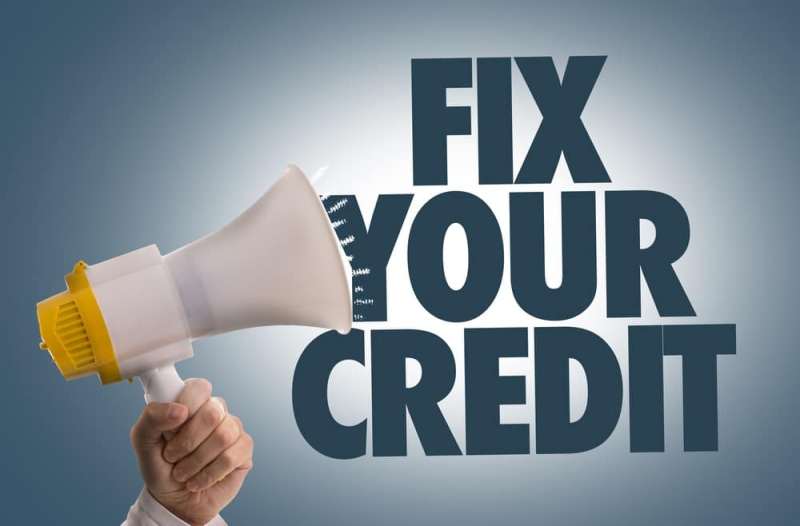Over half of Americans have ‘buying a house’ in their life plans, but taking that step can be a huge endeavor. Instead of jumping headfirst and house hunting blindly, there’s some work you should get done first. It’s better to have these four things figured out before you start looking at homes, so you don’t fall in love with one, only for your plans to fall apart.
Consider Your Budget
This step is the easiest part of buying a home since it’s information you should already have. How much do you make a year? How much do you spend every month? You don’t want to have a mortgage that’s more than a fifth of your monthly income- can you afford to fit that in your current income?
If your household is dual-income, there’s a larger chance at you being able to afford a monthly mortgage. If you have kids, make sure to account for any emergency spending you may have to do. If you’re not sure how much you’ll want to spend on a home, a house payment calculator can help you realize how much you would be paying every month.
Decide On Location

Where do you want to live? If you have kids, you’ll want to pay attention to the school district; if you don’t, there are other factors to consider. Would you want to live in an area with a homeowners association that could bite more into your budget? Are there family members you want to live closer to you?
Figure out a location before you look at any houses, and from there, figure out how big your budget needs to be.
Have A Savings
A downpayment for a home averages out to around fifteen thousand dollars but can be higher. If you don’t have this money saved up, now’s the time to rework your savings. Get a savings account with perks, and save as much as you can without changing your lifestyle too much. Good practice would be putting away as much as your monthly mortgage would be- but if you can’t afford that on top of renting, save as much as you can.
Be honest with yourself, and don’t spend more than you need to. Although retail therapy can be nice when it’s happening, would you rather have some random things you don’t need- or have a house?
Fix Your Credit

The average American has a credit score in the mid 600s. If yours is lower than this, it’s time to put some work into it. Although credit cards can lead to bad decisions if you’re not careful with money- they’re the best way to build your credit. Make small purchases that you already make every month, and then pay them off immediately. Don’t buy anything you can’t already afford. By using a credit card correctly, you can show your responsibility with payments, which could lower your interest rate when getting a mortgage for your home.
Even if your credit score is meager, patience, and working on it can make it one, no bank would turn down.